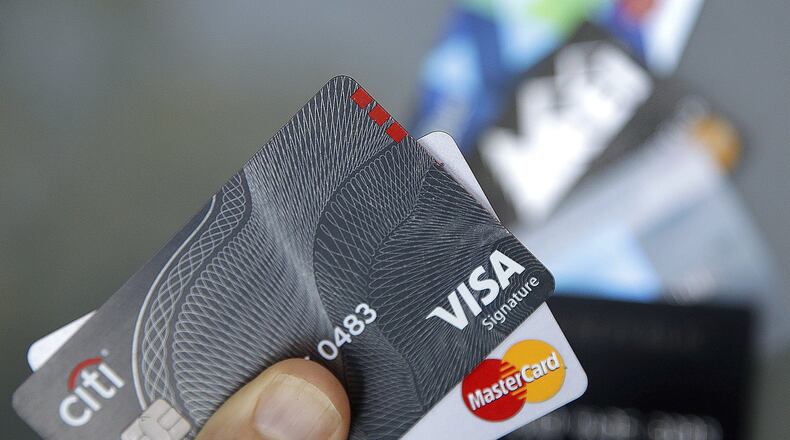The latest wave of cyber attacks to hit big corporations reveals a growing need for companies to safeguard their customers from internal and and external breaches.
With the digitization of transactions and ease of online services, customers’ information is subject to the risk of cyber fraud every moment one processes non-cash transactions.
According to the latest U.S Federal Reserve report on non-cash expenditures, close to 144 billion in non-cash transactions with a value of $178 trillion were completed in the country in 2015.
The number of transactions made by debit card, credit cards and other digital transactions grew 5.3 percent from 2012 to 2015.
The move towards non-cash transactions provides a challenge for companies to protect their customers from attempts by hackers to steal crucial information.
Herbert Mattord, an associate professor of Information Security at the Kennesaw State University’s Coles College of Business says the responsibility to secure customers information should be a priority. He said some companies make compromises when investing in their technology, resulting in information being exposed.
In other instances however “companies are just being sloppy, they know what to do but they don’t execute it as well,” he said.
Mattord said the nature of investment may sometimes not matter, especially in cases where the attacks are from within an instituion.
"Every spill of data is a unique case ," he said citing the latest breach at SunTrust Bank in which information for 1.5 million customers was compromised. In that case, it wasn't a software failure, but a human problem.
For such an attack, Mattord says companies face the challenge of conducting background checks on their employees to ensure they can be trusted with critical information.
According to reports by the Wall Street Journal, the breach at SunTrust was caused by a former employee who reportedly stole the data with the intent to print and share customer's information with a "criminal third party."
Discussions about the vulnerability of consumer's information resurfaced on the national stage this month following revelations that millions of Facebook users information had been used against their knowledge.
Facebook’s breach is the latest in a list of incidences which have heightened the need for companies to employ stringent security measures to guard customers’ information.
Keith Snyder, industry analysts at CFRA, an investment research company, said failure by companies to encrypt sensitive customer data is to blame for some of the major data breaches.
“Companies must install systems that prevent attacker movement within the system and not just assume that the firewall will stop everything,” said Snyder in an email.
Last September, Atlanta-based Equifax reported a massive data breach that affected close to 145 million Americans.
The breach has resulted in several legal challenges against the company, besides an investigation by the U.S Federal Trade Commission.
A 2014 breach exposed personal and financial information of 56 million customers of Atlanta-based Home Depot, after hackers installed software into the company's servers.
Snyder said employee education is key to stopping attackers from getting into company systems through phishing emails.
Despite the worrying trend for businesses and customers, Mattord says the marketplace will eventually correct the cyber security issue as competition will force companies to find better ways to protect their customers information.
Ultimately, companies have to stay vigilant and ahead of the game to respond to emerging cyber threats.
“The issue facing the cyber security world is that attackers will always be one step ahead. Companies must remain vigilant and respond quickly to new threats as they emerge,” added Snyder.
Some of the companies affected by the latest wave of Cyber Attacks
Home Depot- Happened in 2014. The attack affected 56 million customers . The company also had another incident in 2017 in which a spreadsheet with information of about 8,000 customers was exposed.
Equifax- the massive data breach was revealed in September 2017.
Suntrust- the 12th largest bank in the US reported this week that information for 1.5 million of its customers was compromised by a former employee. The company said the date of the breach had not been determined.
Other companies that were hit by security breaches in 2017
Saks Fifth Avenue- March 2017
Intercontinental Hotels Group- February 2017
Blue Cross Blue Shield- June 2017
US Securities and Exchange Commission - September 2017
SOURCE: identifyforce.com
About the Author
Keep Reading
The Latest
Featured


